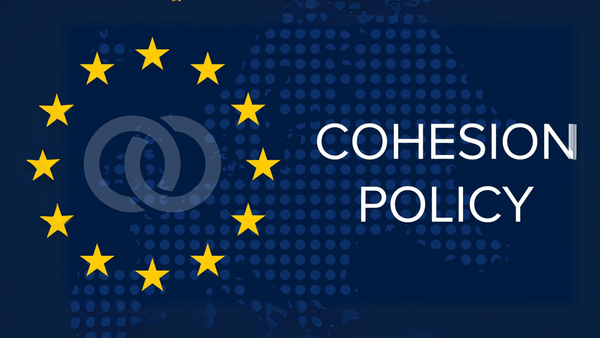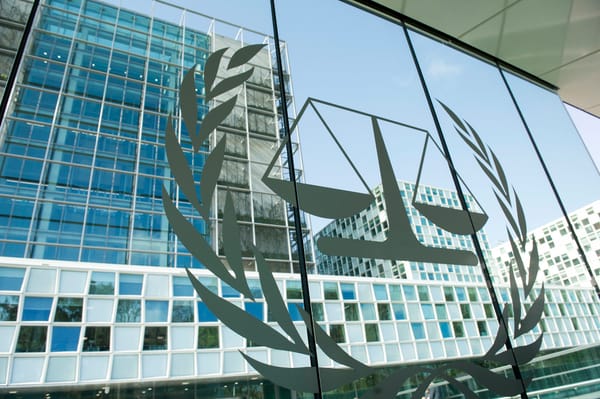
Serbia, Hungary most vulnerable to Russian, Chinese influence - Globsec report
Serbia and Hungary are the Eastern European countries most exposed to Russia and China, a new study found. Czechia and Romania are most resilient CEE states regarding Russo- and Sino-influence , according to the Globsec Policy Institute report.
Over two years and in eight countries, the Bratislava-based think-tank looked at five key indicators: political landscape, public administration, information, the civil society and academic sphere, and public attitudes. With the maximum vulnerability being 100, Serbia was far ahead with 66 points, followed by Hungary on 43, Bulgaria (36), Montenegro (33), Czechia (28), Slovakia (26) North Macedonia (25) and finally Romania (18).
The most vulnerable countries are mostly those with closer bilateral relations with Russia and societies that are more favourable to pro-Russian narratives, Globsec Policy Director Dominika Hajdu told Euobserver. Despite being the least affected of the West Balkan countries, North Macedonia is extremely politically polarised and therefore potentially vulnerable to external influence, Globsec found.
Source: Globsec, Euobserver





